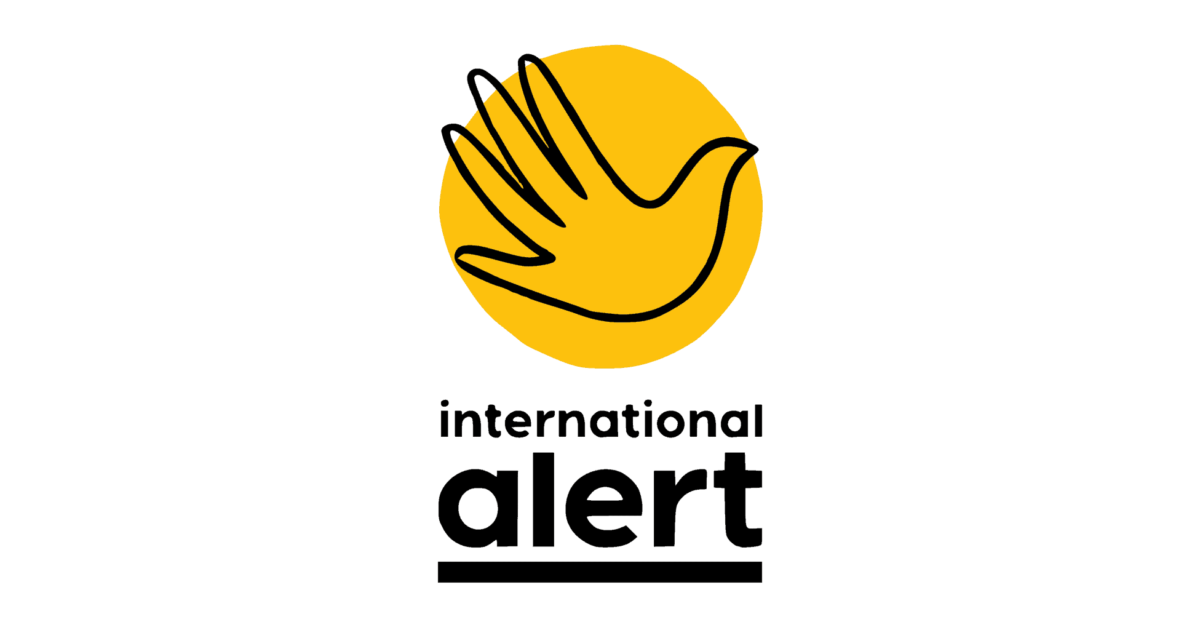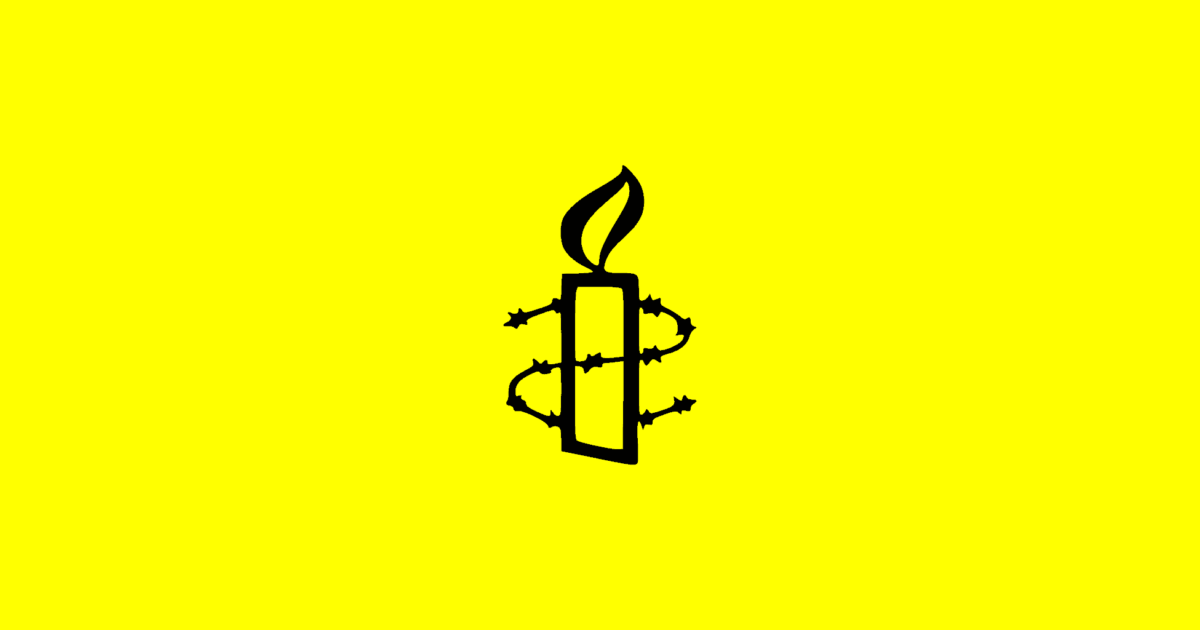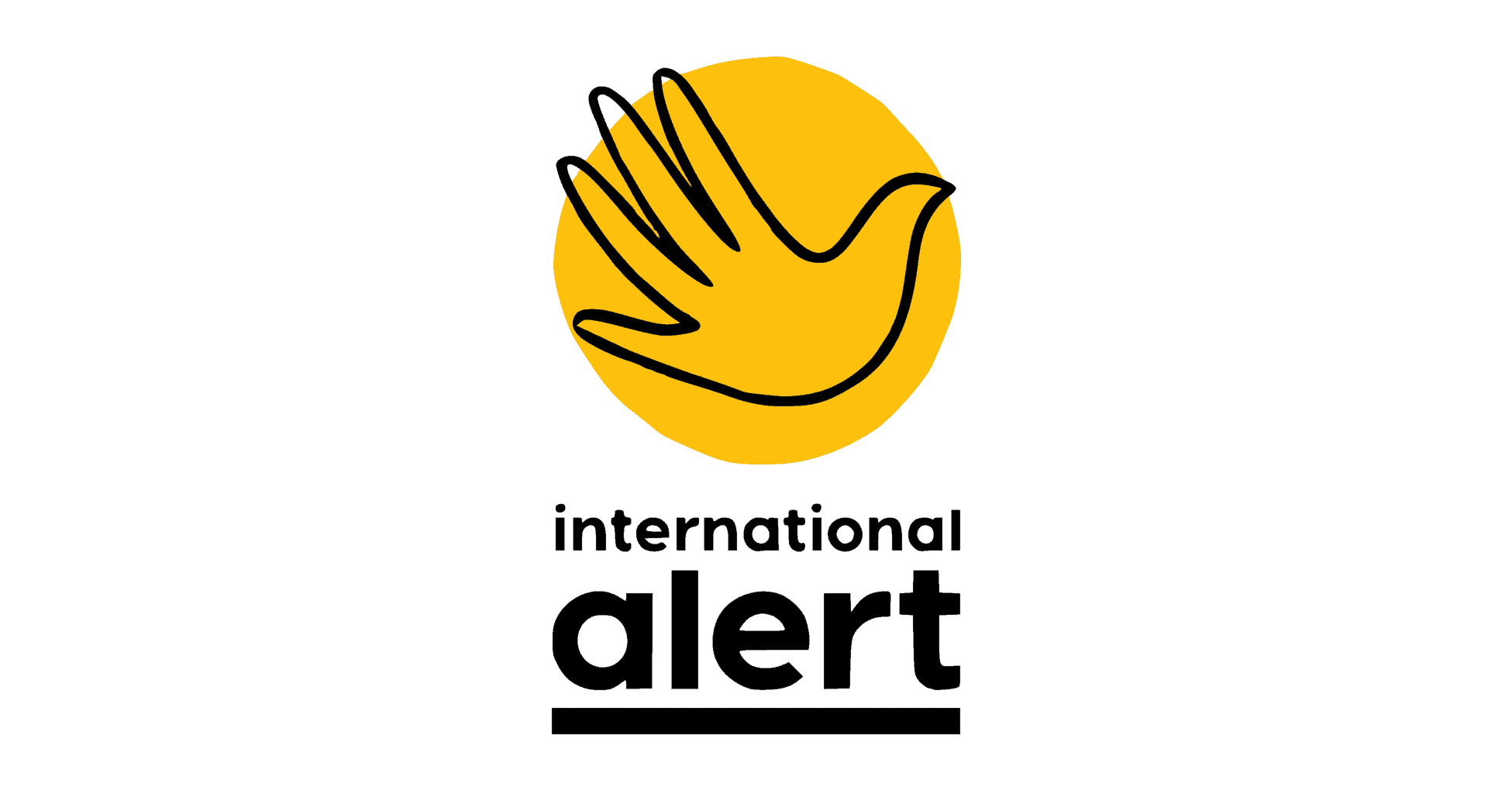Lebanon
Lebanon
Women’s rights activists focus on ending domestic violence, changing the penal codes, and increasing women’s political participation in Lebanon— particularly within reconstruction and peacebuilding efforts. Women’s security is also a major concern, with extremist attacks along the Syrian border.
Lebanon’s history of instability and insecurity have negatively impacted women. Failed presidential elections, the struggle to host over one million Syrian refugees, and proximity to the Syrian war have sidelined efforts to improve women’s rights. Women are discriminated against in legislation and in the court system, including in the areas of marriage, divorce, and the custody of children. Lebanon’s legal conflicts between criminal, civil, and religious authorities have also made it difficult for women to exercise and advocate for their rights.
In 1997, Lebanon ratified the Convention on the Elimination of All Forms of Discrimination Against Women (CEDAW). In April 2014, Lebanon also passed the Domestic Violence Law, criminalizing abuse and promising protection and legal recourse for women; however the law has not made a discernable impact on women’s protection. Lebanon does not have a National Action Plan.
Based on the work of the NGOWG and its partners, the NGOWG advocates for the Security Council to ensure that the mandate of the UN mission in Lebanon (UNIFIL) is strengthened and that gender issues are integrated into all response activities. Specific attention must be paid to women’s participation in all security-related matters, including disarming non-state armed groups, and gender-sensitive needs assessments to effectively coordinate humanitarian assistance.
Current and Past Recommendations to the UN Security Council (Monthly Action Points)
In its discussion of the report on the United Nations Interim Force in Lebanon (UNIFIL), specific attention must be paid to gender analysis and women’s participation in all conflict and security-related matters. Given the current situation, it is essential that Lebanon adopt a NAP on Resolution 1325 (2000) with the support of all UN actors, including UNIFIL and the UN Special Coordinator for Lebanon (UNSCOL) (CEDAW/C/LBN/CO/4-5). Further, the Council must inquire as to the ways in which any humanitarian assistance is in line with existing obligations under international humanitarian law. The Council should receive information regarding consultations with diverse civil society organizations, including women’s groups (S/RES/2122 (2013), S/RES/2242 (2015)), as UNIFIL’s relationship with local communities is essential to its success as a mission (S/2017/202). Amidst the relentless attention on the spillover of the Syrian conflict into Lebanon, grave repercussions of the proliferation of arms and gun violence in Lebanon must not be overlooked or disconnected from the alarming deterioration of the rule of law. In this context, the Council should exert pressure on Member States to uphold their obligations under resolution 1701 (2006) to prevent the sale or supply of arms to entities or individuals in Lebanon beyond the control of the State. Similarly, efforts to counter violent extremism should not deviate focus and resources from efforts to build sustainable peace and promote gender equality, both goals of the women, peace and security agenda (S/RES/2242 (2015)).
Relevant Resources







